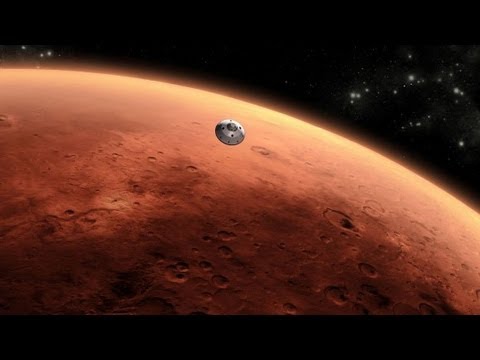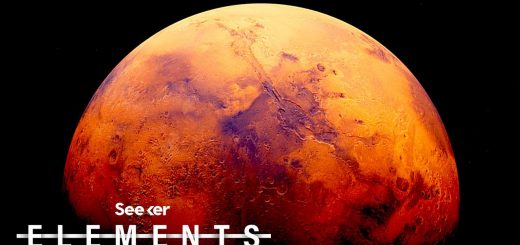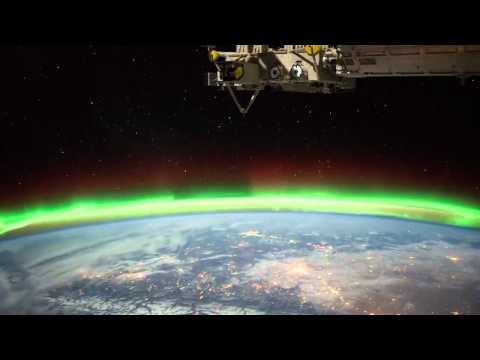A new 9th planet for the solar system?
Thousands of years ago the sky gazers of the classical world knew about six planets: Mercury, Venus, Earth, Mars, Jupiter, and Saturn. Thanks to the invention of the telescope, Uranus was discovered in 1781. But discrepancies in its orbit meant that something was tugging at it. Sure enough that something turned out to be Neptune. Ever since scientists have wondered if there might be yet another planet in our solar system sometimes called Planet X. Now astronomers have strong evidence for one. A planet roughly the size of Neptune with a mass ten times the Earth’s and a thick atmosphere of hydrogen and helium. Just as Neptune was predicted based on its influence on Uranus, the evidence for Planet X is indirect. Astronomers observed six small solar system objects and noticed they come closest to the Sun in a unique configuration. There’s only a one in fifteen thousand chance that this orbital clustering is a coincidence. It is much more likely that Planet X has shepherded the six objects into their orbits. This explodes our conception of the solar system because Planet X would loop around the Sun unimaginably far away, in a strange elliptical orbit so far away that it takes fifteen thousand years to make the trip. By comparison Neptune’s orbital period is 165 years. Of course, not everyone will be convinced of Planet X until we have visual proof. Researchers are now using one of the world’s largest telescopes, Subaru in Hawaii and they say they have a reasonable chance of finding Planet X in the next five years Once spotted, we can welcome Planet X as the ninth planet in our solar system.













